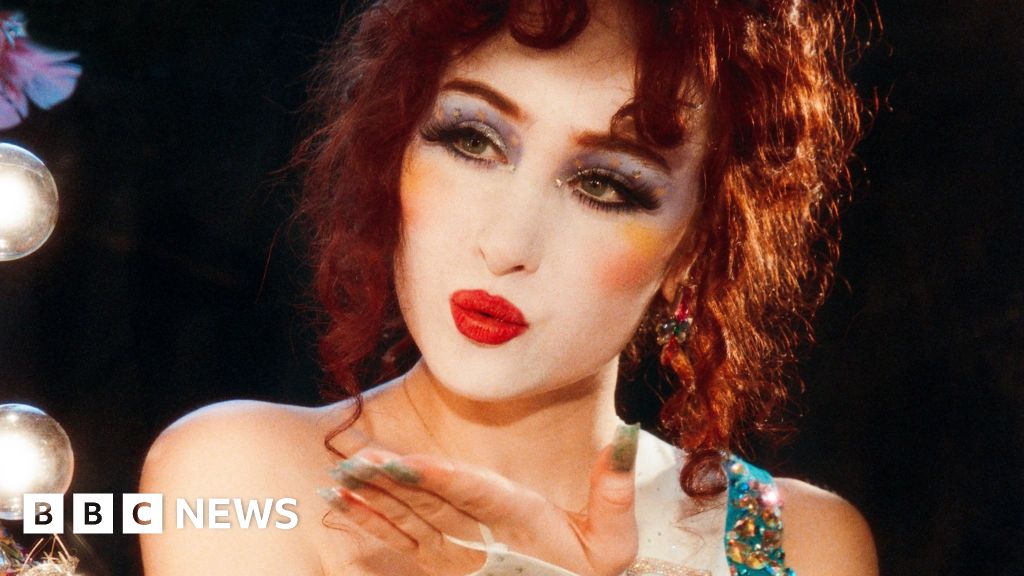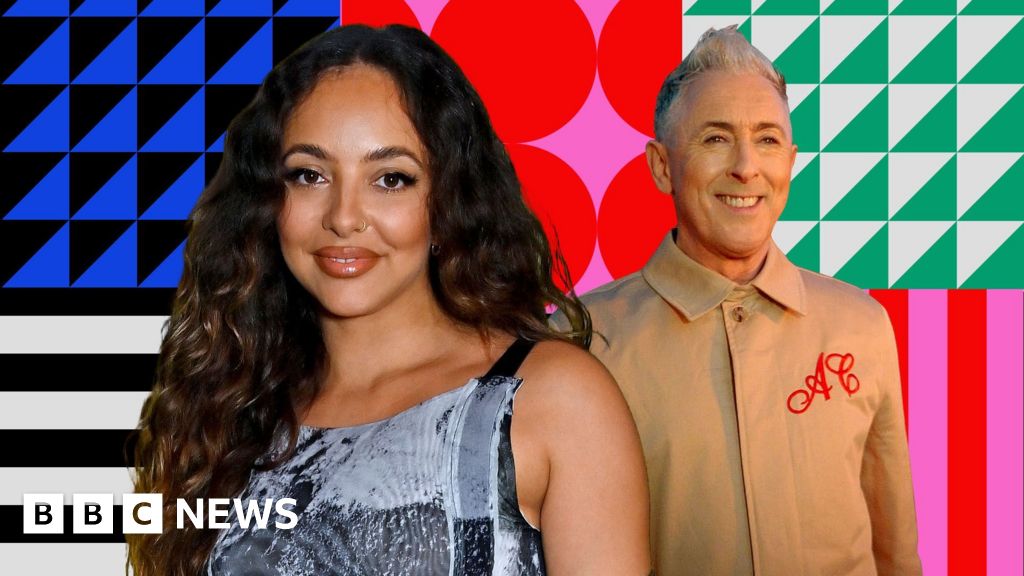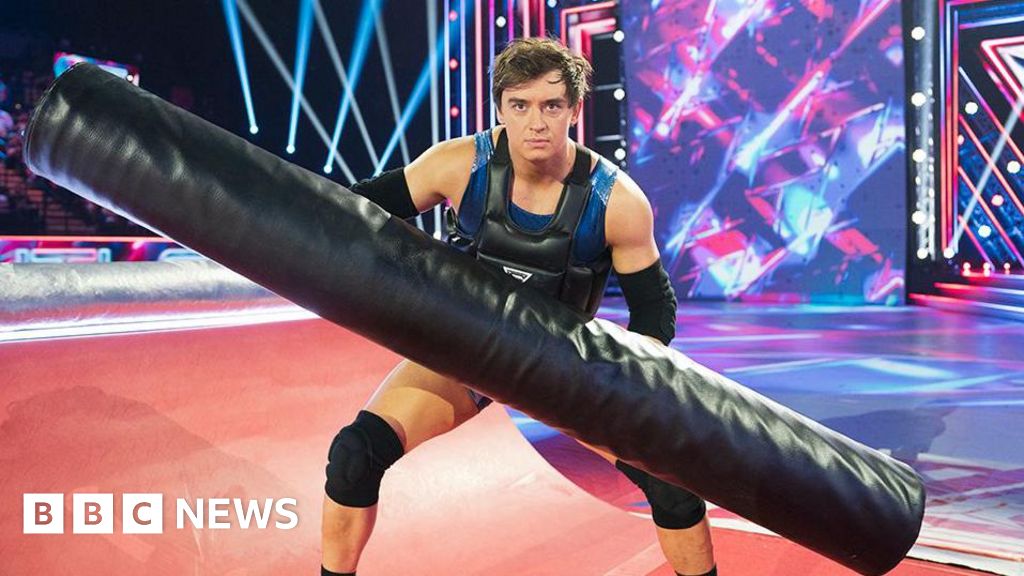ARTICLE AD BOX
 Image source, RTÉ Archive
Image source, RTÉ Archive
Fionnuala Sweeney only found about the "bomb scare" after the show had ended
Thirty years ago Ireland was about to win the Eurovision Song Contest for the second year in a row when the cameras rolled into the small County Cork town of Millstreet.
But the 1993 contest almost did not go ahead at all because of a "bomb scare" just minutes before it was to begin.
A new programme reveals that Fionnuala Sweeney - the Belfast-born presenter of that year's contest - only found about the what had happened after the show had ended.
Image source, PA Archive/Alamy
Image caption,Niamh Kavanagh celebrated with the Ireland delegation after being declared the winner in 1993
Sweeney, who fronted the 1993 show by herself, tells the programme that the security alert was raised about an hour before she was due to go live to millions of people across Europe.
"It was something I was glad I found out about afterwards because I think I would have been a lot more nervous than I was," she says.
"Obviously the right determination was made - that it was a scare and it wasn't anything other than a scare.
"There would have been no exciting moments in the voting; there would have been no Ireland winning - it would have been such a real shame.
Former Eurovision singers Linda Martin and Niamh Kavanagh join presenter Barra Best for Eurovision: This Is Belfast Calling
"People forget that Northern Ireland wasn't at peace and bomb scares were not unusual on occasion in the Republic.
"Gardaí (Irish police) had to make a determination about whether they were going to pull the whole show."
But the show did go on and Niamh Kavanagh, who now lives in Carrickfergus in County Antrim, took home the trophy when her winning song In Your Eyes beat the UK's Sonia into second place by 23 points.
Coincidentally, due to the violent conflict know as the Troubles and the heightened security risk in Northern Ireland at the time, it was decided that the Irish and UK entries had to stay in separate locations.
The BBC is not responsible for the content of external sites.
"I have met Sonia once in my entire life, which is bizarre as we're so interlinked," says Kavanagh.
"We met once during the week of Eurovision because we weren't allowed to stay in the same hotel.
"It was pre-Good Friday Agreement and the UK and Ireland, for security purposes, had to stay in separate hotels."
Campaigning for a Belfast Eurovision
The programme also hears from Belfast's Linda Martin who represented Ireland twice - first in 1984 when she came second with her song Terminal 3, before winning with Why Me in Sweden in 1992.
She was a strong advocate for the 2023 contest to be held in Belfast before Liverpool was selected as the host city on behalf of Ukraine.
"I was campaigning that Eurovision would come to Belfast because I genuinely felt that everything was here," says Martin.
"I thought it was a God-given thing as I knew the people would open their arms wide and welcome the nationalities.
"It just didn't happen and I can't figure out why."
Ukraine's Timur Miroshnychenko famously commentated from a bomb shelter last year because of the war against Russia in his country.
He tells the programme that he looks forward to the day when Ukraine wins the contest again and is able to welcome Eurovision fans from around the world.
Watch: Presenter broadcasting from bunker jumps for joy at Ukraine win
Timur says: "It was a dream for us even to compete and participate in Eurovision and have the opportunity to broadcast even from a bomb shelter.
"It was like a breath of fresh air for all of us and we saw the tremendous support from all the countries and it was priceless."
Eurovision: This Is Belfast Calling is available now on BBC Sounds and features special guests Sam Ryder, Katrina from Katrina and The Waves, Eurovision superfans and of course music, fun and craic.

 1 year ago
35
1 year ago
35








 English (US) ·
English (US) ·